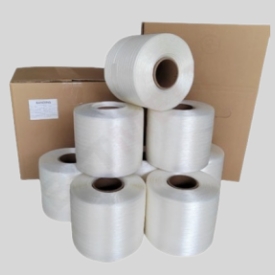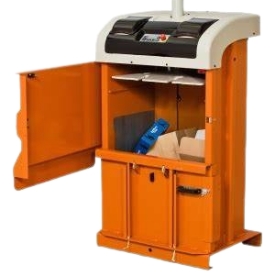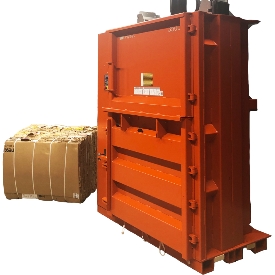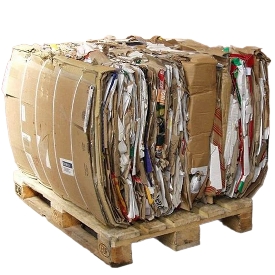In the logistics and waste management industries, the demand for durable and reliable bundling materials has steadily increased. As businesses seek more efficient and cost-effective solutions for securing bales and waste materials during transportation, baling straps have emerged as an excellent alternative to traditional twine and rope. Offering superior strength, resistance, and ease of use, baling straps are revolutionizing the way companies handle bulk materials.
Baling straps are specifically designed to provide enhanced strength and resistance, ensuring that bales or compacted waste remain secure even when subjected to significant movement during transportation. Unlike traditional twine or rope, which may fray or snap under heavy loads, baling straps offer a robust and long-lasting solution for businesses that require reliable packaging materials.
One of the key benefits of baling straps is their high tensile strength. Made from composite fibers, polyester, or polypropylene, these straps are engineered to withstand extreme tension, reducing the risk of load failure. This makes them particularly advantageous for industries that transport compacted recyclable materials, agricultural products, and other bulky goods.
Additionally, baling straps exhibit excellent resistance to external factors such as moisture, UV exposure, and temperature fluctuations. Unlike natural fiber ropes or twine, which may degrade over time due to environmental conditions, baling straps maintain their integrity even in harsh climates. This durability translates to cost savings for businesses, as they require fewer replacements compared to traditional binding materials.



Cost efficiency is a crucial factor for businesses looking to optimize their operational expenses. Baling straps provide an economical alternative to twine and rope, as they require less material per bundle while delivering superior performance. Their ability to securely hold compressed bales means fewer breakages, reducing the need for additional binding and minimizing material waste.
Moreover, baling straps are easier and faster to apply than traditional twine or rope. Many baling straps are designed for compatibility with automatic or semi-automatic baling machines, significantly reducing manual labor. This increased efficiency leads to higher productivity and lower operational costs, making baling straps a preferred choice for companies looking to streamline their packaging processes.
Baling straps are widely used in various industries, demonstrating their versatility and adaptability. In agriculture, they are used to secure hay, straw, and silage bales, ensuring they remain intact during storage and transportation. Farmers appreciate the high load-bearing capacity of baling straps, which provide a more reliable alternative to conventional baling twine.
In the recycling industry, baling straps play a crucial role in compacting and securing recyclable materials such as cardboard, paper, plastic, and metal scraps. Given the increasing emphasis on sustainability and waste reduction, recycling facilities require strong and durable strapping solutions to efficiently manage their operations. Baling straps help improve the handling and transportation of compacted recyclables, ensuring that materials reach their destinations intact.
Furthermore, baling straps are extensively used in the logistics and shipping industries. Companies that transport large quantities of goods benefit from the enhanced security provided by baling straps, reducing the likelihood of load shifting or damage during transit. Their ability to withstand heavy pressure and movement makes them an invaluable asset for freight companies and warehouse operators.
As global industries shift towards more sustainable practices, baling straps offer an environmentally friendly alternative to traditional binding materials. Many baling straps are made from recyclable materials, allowing companies to reduce their environmental footprint. Additionally, their durability ensures a longer lifespan, reducing the frequency of replacements and decreasing overall waste generation.
Businesses aiming to improve their sustainability efforts can also explore reusable baling straps, which further contribute to waste reduction. By incorporating high-quality, long-lasting strapping solutions into their operations, companies can align with eco-friendly practices while maintaining efficiency and cost-effectiveness.



Baling straps have proven to be a superior alternative to twine and rope, offering unmatched strength, durability, and cost-effectiveness. Their ability to secure bales and waste materials during transportation with minimal risk of breakage makes them an essential tool across multiple industries.
With continued advancements in strapping technology and an increasing focus on sustainable solutions, baling straps are set to play an even more significant role in logistics, agriculture, recycling, and beyond. As businesses seek innovative ways to enhance efficiency and reduce costs, investing in high-quality baling straps is a step toward a more secure and economical future.